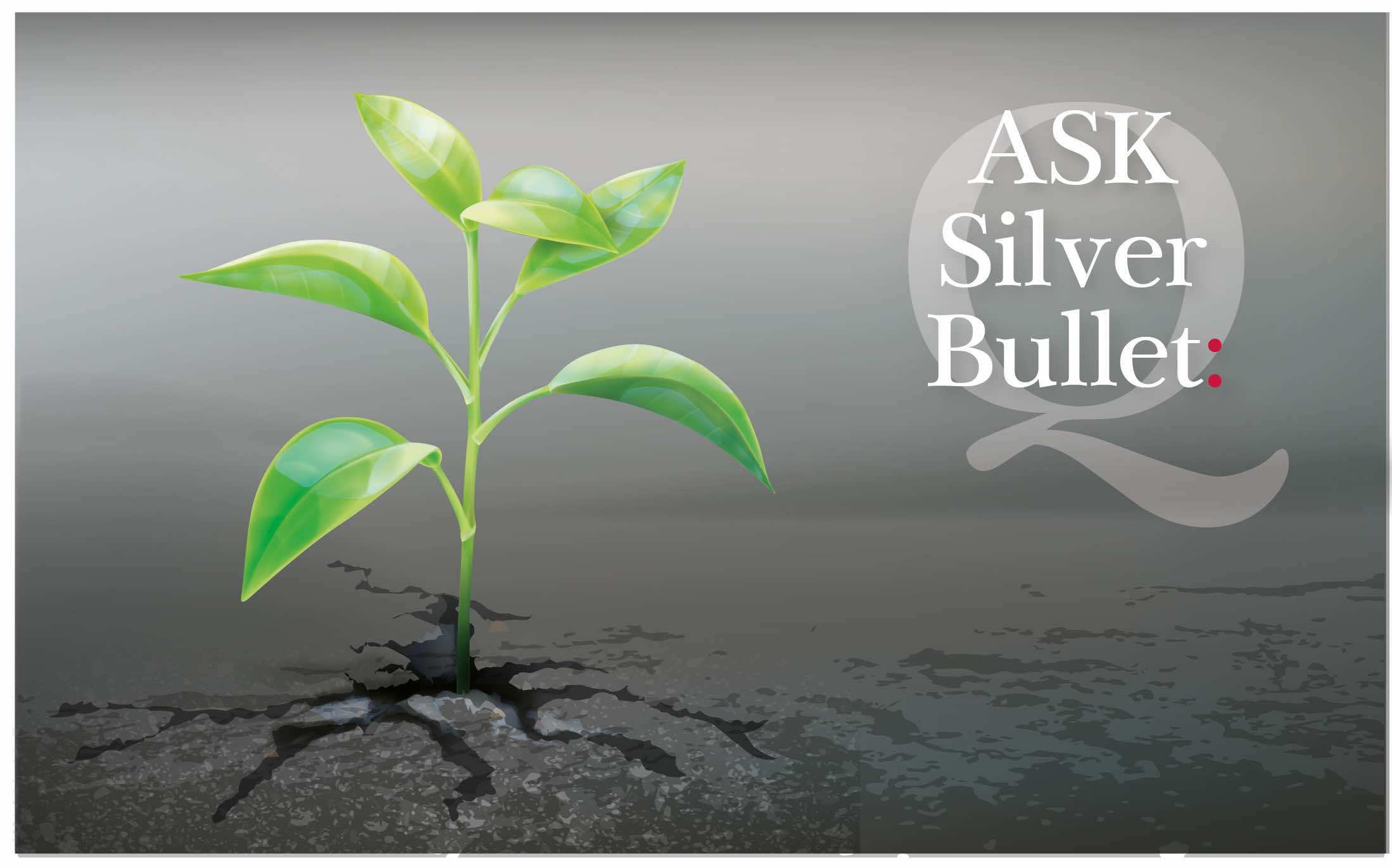02 Aug

We hear a lot about the ‘Green Recovery’ but what exactly is this and how can our marketing take advantage of it?
The details of Green Recovery has very different meanings to different people and organisations, but most are agreed that following the devastating effects to the world’s economies of the Covid-19 pandemic and the equally threatening effects of climate change, there is an opportunity to rebuild our society and economy on a more environmentally friendly basis.
This would include reducing pollution, creating healthier water and air quality, effective waste management and enhanced biodiversity protection which would not only reduce the vulnerability of communities to pandemics and improve resilience, but also have the potential to boost economic activity, generate income, create jobs, and reduce inequalities. Some take this further into aspects of society believing it should also mean a reduction of inequality, poverty and discrimination but this goes beyond our control.
Now, to energy companies a Green Recovery equates to investment in renewable resources such as offshore wind, solar power and green hydrogen as exemplified by Shell and BP buying into the booming offshore wind farm sector. For architects and the construction sector it’s the huge challenge of decarbonising the built environment to achieve net zero and comply with the UK’s legally binding climate change targets by 2050 – estimates to achieve this for purely the 5m social housing homes average out at £104bn!
For the transport sectors, it’s R&D into electric vehicles, methane and hydrogen powered shipping and more efficient public transport, whilst the fashion industry is promoting the circular economy where fabrics are recycled and the food and hospitality sectors are looking at reducing food wastage.
So, investing in marketing for your own sector’s ‘Green Recovery’ depends mainly upon the nature of the goods and services you’re promoting but, publicising the environmental benefits your products and services produce, or in the way they are produced and delivered, demonstrates the social and environmental responsibility of your company and often is also an indication of a forward-looking and efficient organisation reducing expenses such as packaging, transport and energy useage.
For the majority of companies, publicising their own green recovery offers great marketing opportunities which can not only boost sales but also potentially open up new markets where sound environmental policies are a prerequisite to be able to tender for contracts in many procurement policies.
Whereas manufacturing companies can create eco-friendly products, use recycled materials, reduce packaging, use a local supply chain and a variety of other measures to exhibit their green credentials, service companies, like ourselves and other organisations providing professional services to business, find it slightly harder to become demonstrably green.
A first step is the creation of a robust environmental policy containing details of recycling, energy, travel and other internal procedures. Does your office recycle waste, does it reduce energy useage and purchase only green energy? Does your travel plan attempt to reduce your carbon footprint of needless car journeys and encourage cycling etc, can you conduct meetings through Zoom, Teams and other digital technologies, do you support environmental and community movements and do you audit your own supply chain giving preference to green suppliers?
Once you have your environmental policies in place, tell your clients and potential clients about them. It may not immediately lead to direct business, but the lack of such policies will preclude your company from working for many clients. The internal effect on staff morale and pride in their company and workplace is maybe harder to quantify but shouldn’t be ignored.
Fine in principle, but will it produce results? Undeniably so, as exemplified by the plethora of campaigns stressing organisations’ green credentials. These include the global outdoor brand Patagonia’s latest ‘We the Power’ campaign, which encourages citizens to imagine a new energy system that is local, community-owned, renewable, and rooted in bringing social and economic benefits to local communities. Similarly, the West Yorkshire-based Ecology Building Society has a record pipeline of sustainable lending projects and a range of green mortgages for renovations and whole house retrofit to drive forward energy efficiency improvements of existing homes to help meet the UK’s net-zero carbon ambitions.
Do you need some assistance with your marketing, PR or design? Do you need to review your strategy or do you want to know how we can help your business? Talk to us. Email your questions anonymously to us today hello@silverbulletmarketing.co.uk or Tweet us (not so anonymously) @SilverBulletPR.
